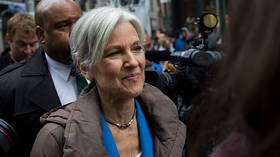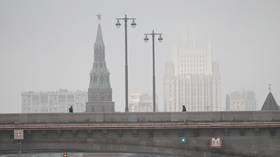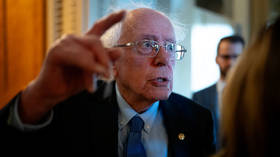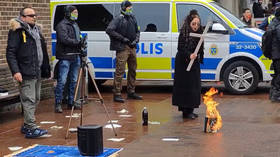Major gas supplier issues warning to EU
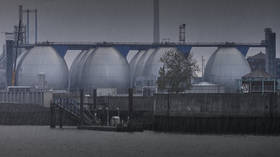
The natural gas market in the European Union will remain turbulent in the coming winter even with the bloc’s storage facilities nearly full, Norwegian energy giant Equinor has warned.
Gas reservoirs in the EU are now at 97.89% capacity, exceeding the bloc’s target of 90% by November 1 and providing a cushion ahead of the heating season. However, expectations of increased competition with Asia for LNG could push prices up, Equinor CEO Anders Opedal told the Energy Intelligence Forum in London.
“We actually expect the market to be quite volatile over the winter,” he said.
“We will do everything we can to make sure that we maximize gas to come through the pipes, but Europe will be dependent on the LNG supply,” Opedal added.
Equinor is the largest gas producer on the Norwegian continental shelf, and the second-largest gas supplier in Western Europe.
Global gas prices surged to all-time highs last year after the EU reduced purchases from Russia, leading to record imports of LNG and efforts to cut consumption in the bloc, especially by industry. LNG became the main source of gas for the bloc, accounting for up to 35% of total imports. To offset gas supply shortfalls, the EU has resorted to taking in high-priced shipments of LNG from the US and Qatar, and increased pipeline imports from Norway and Azerbaijan.
However, even with storage almost full, EU imports are insufficient to cover demand, according to Equinor.
Earlier this month, the association of German gas storage operators, INES, warned that the bloc’s most industrialized economy would continue to be at risk of gas shortages until 2027, unless it accelerates the construction of additional LNG terminals, extra gas storage capacity, or pipelines.
For more stories on economy & finance visit RT's business section



